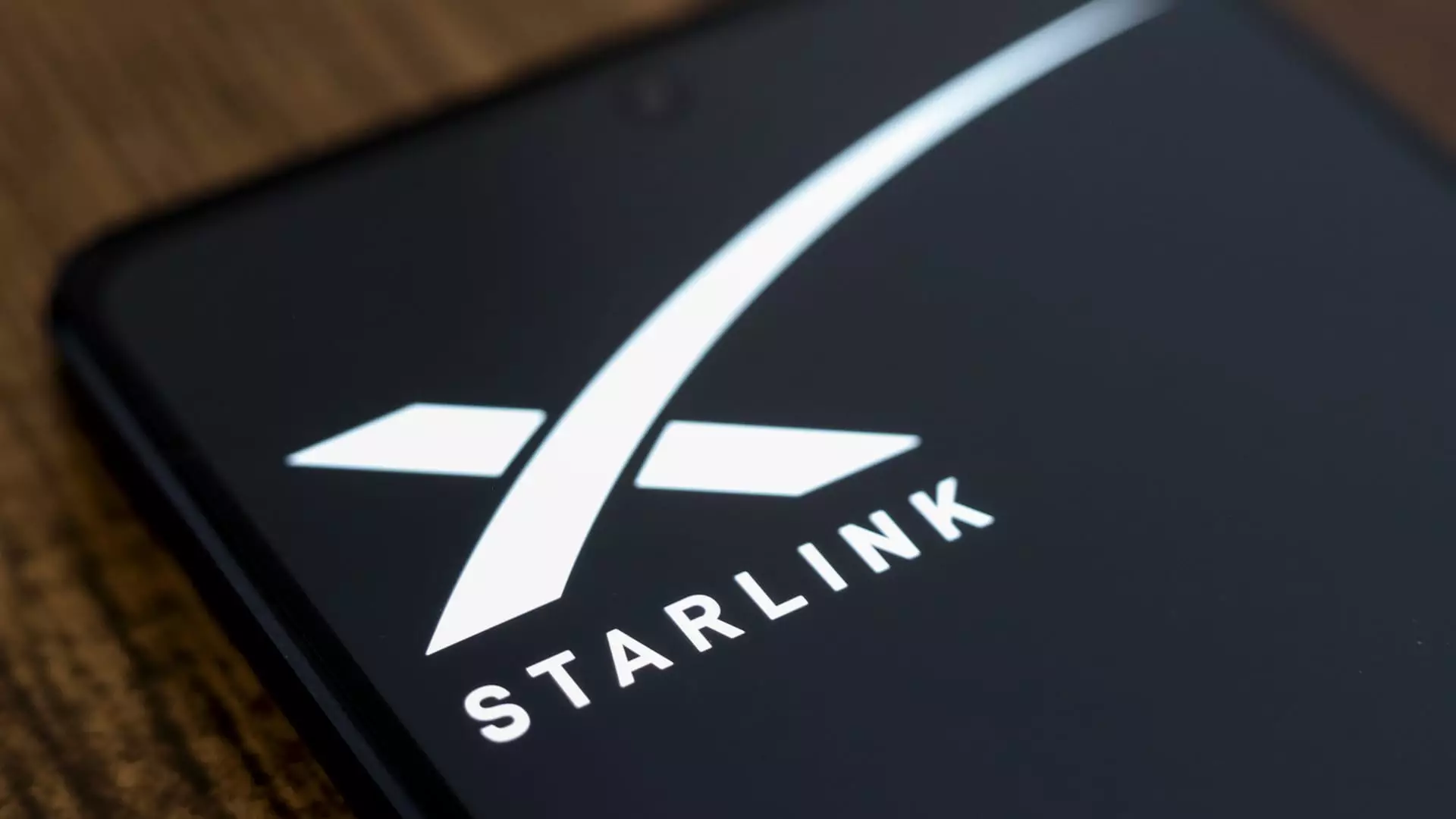Starlink, a satellite internet service owned by SpaceX, has recently made the decision to block the social network X in Brazil. This move comes after X openly defied court orders and failed to pay fines, leading Brazil’s supreme court to take action against the social network. The decision to block X in Brazil was driven by the need to ensure the continuation of Starlink’s operations in the country without risking losing its license.
The Brazilian supreme court had issued orders for X to suspend accounts posting harmful content aimed at democratic institutions during the preparation for municipal elections. Despite multiple requests, X refused to comply with these demands, leading to the freezing of Starlink’s financial assets to ensure the payment of penalties. Additionally, X failed to appoint a legal representative in Brazil, violating federal regulations.
The actions taken by the Brazilian supreme court, as well as the decision by Starlink to block X, have been met with criticism from various parties. Some critics argue that the court, specifically Justice Alexandre De Moraes, has overstepped its boundaries by exerting too much control over online speech and social networks. Elon Musk, the owner of both Starlink and SpaceX, has been at the forefront of this controversy, openly criticizing De Moraes and the Brazilian government.
The conflict between Musk, Starlink, and the Brazilian government has been escalating for months, with Musk publicly calling for the impeachment of Justice De Moraes. Musk has characterized De Moraes as a “criminal” and compared him to infamous villains like Darth Vader and Voldemort. This rhetoric has further fueled tensions between Musk and the Brazilian authorities.
The dispute between Musk, Starlink, and the Brazilian government has raised concerns internationally. President Luiz Inacio Lula da Silva of Brazil has expressed hope that the controversy will demonstrate to the world that wealthy individuals like Musk should not have free rein to influence political decisions. The standoff between Musk and the Brazilian government also highlights the challenges of regulating online speech and social networks in the digital age.
The decision by Starlink to block X in Brazil reflects a complex web of legal, regulatory, and political issues. The actions taken by both Musk and the Brazilian authorities have sparked controversy and criticism, highlighting the challenges of balancing freedom of speech with legal responsibilities. The ongoing conflict underscores the growing importance of addressing these issues in the digital age to ensure a fair and transparent digital environment for all stakeholders.

